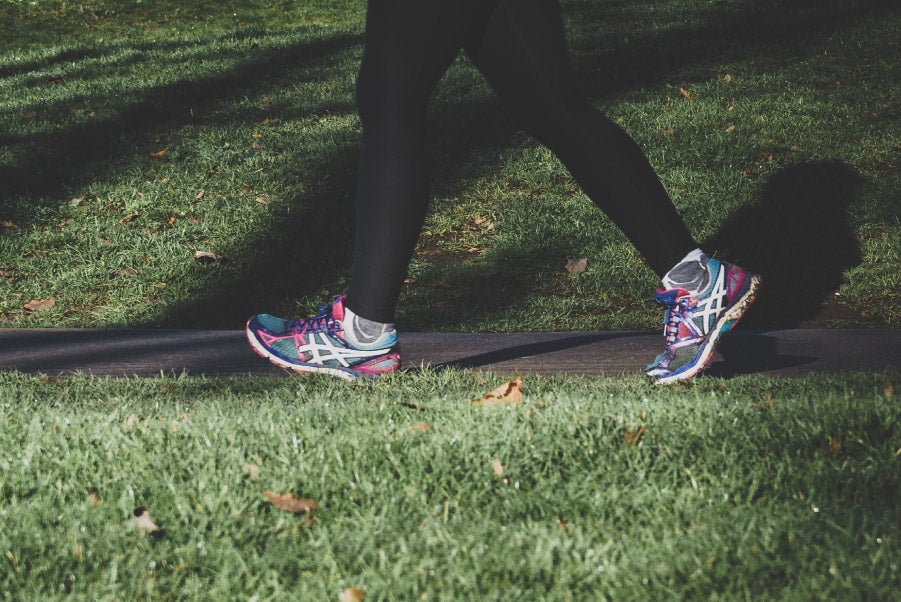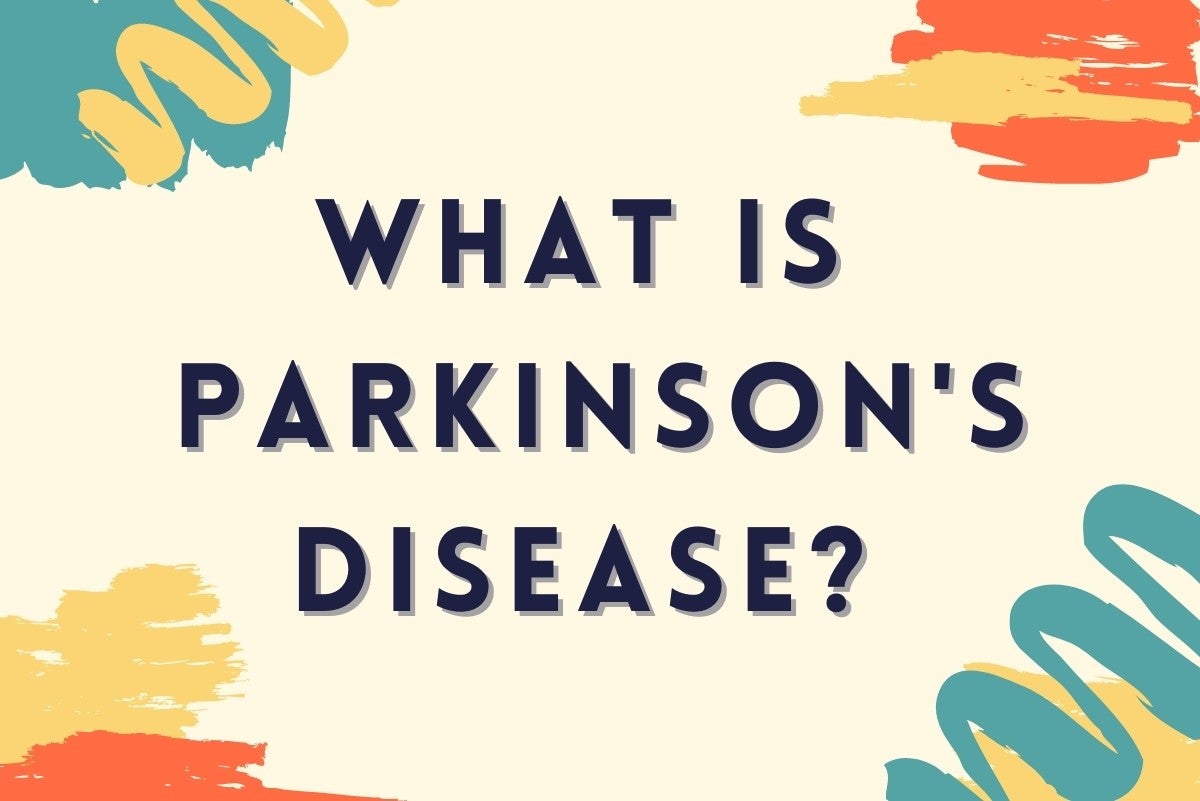Parkinson's disease affects movement and other non-motor functions.
According to the National Parkinson's Foundation, more than 1 million people in the U.S. have Parkinson's Disease with 50,000-60,000 new cases diagnosed each year.
Early signs and symptoms of Parkinson's Disease
Early signs include changes in coordination, decrease in balance, loss of smell, softer voice, tremor, smaller handwriting, and problems sleeping. Other symptoms that can occur include fatigue, constipation, dementia, hallucinations, stiffness/rigidity of muscles, difficulty swallowing, and freezing of gait.
Methods of treating Parkinson's Disease
- Medications such as Levodopa/Carbidopa and others exist to treat the symptoms of PD. These medications must be dosed in such a way as to maximize the person's ability to move and function on a daily basis.
- Exercise. Exercise ranks as being just as important as proper medication in the treatment of PD. While exercise cannot cure PD, it can slow down the progression of the disease and manage its symptoms. The Parkinson's Outcome Project in 2015 (found at www.parkinsons.org) reported a slower decline in quality-of-life measures in those who exercised versus those who didn't. They also found that it didn't matter when the person started exercising, as any exercise started at any time after diagnosis had a positive impact on quality of life.
When should I begin to exercise?

You should begin to exercise as soon as possible with high intensity and large movements! The quicker you start the better your results will be for maintaining independent mobility and your ability to speak well and swallow effectively.
What exercises should I do if I have been diagnosed with PD?
You should start with a consultation with your physician followed by an evaluation by a Physical Therapist, Occupational Therapist, and a Speech Therapist who specialize in the treatment of PD. This should be done right after diagnosis to assess your baseline function and give any recommendations based on any problems you may have or resources that may be helpful.
St. Mary's has a PT, an OT and a SLP who are all trained in and provide exercise programs for people with Parkinson's: LSVT BIG and LSVT Loud programs as well as the PWR!Moves (Parkinson's Wellness Recover) program. You can find more information about these treatment techniques at www.LSVTglobal.com and www.pwr4life.org.
What happens when I finish therapy?

After completing one of these programs, it is recommended to continue with some form of exercise, either as recommended by these organizations (LSVT BIG for LIFE, LSVT Loud for Life, SPEAK OUT, or PWR!Moves circuit and PWR!Moves group classes) or anything you enjoy that will keep you moving.
Some activities to consider include: Rock Steady Boxing, Tai Chi, yoga, cycling, pickleball, weight lifting and dancing. Intensity and frequency matter when choosing exercise with PD. The current recommendations for exercise are 3 days per week minimum of vigorous exercise for 30-45 minutes and 3 days per week at a low to moderate intensity for 45-60 minutes. You should also follow up with your treatment team at St. Marys' every 6-12 months or sooner if you have changes in your mobility or voice.
What should I do if a loved one shows signs of Parkinson's?
The most important first step is to schedule an appointment with their Primary Care Physician (PCP). Their PCP can assess their health and symptoms and then, if Parkinson's is suspected, refer them for testing, to a specialist, or directly to our team for evaluation.
It is not unusual for patients in the early stages of Parkinson's to attribute their troubles to a temporary issue such as poor sleep or to aging (Parkinson's is NOT a normal part of aging). They may also be fatalistic, saying nothing will help. Be patient but firm that they need to see their doctor. Remind them that treatments are available that can maximize their quality of life. If they don't have a PCP, St. Mary's can help them find one.
For more information about our rehabilitation services, please call (706) 389-2300.




